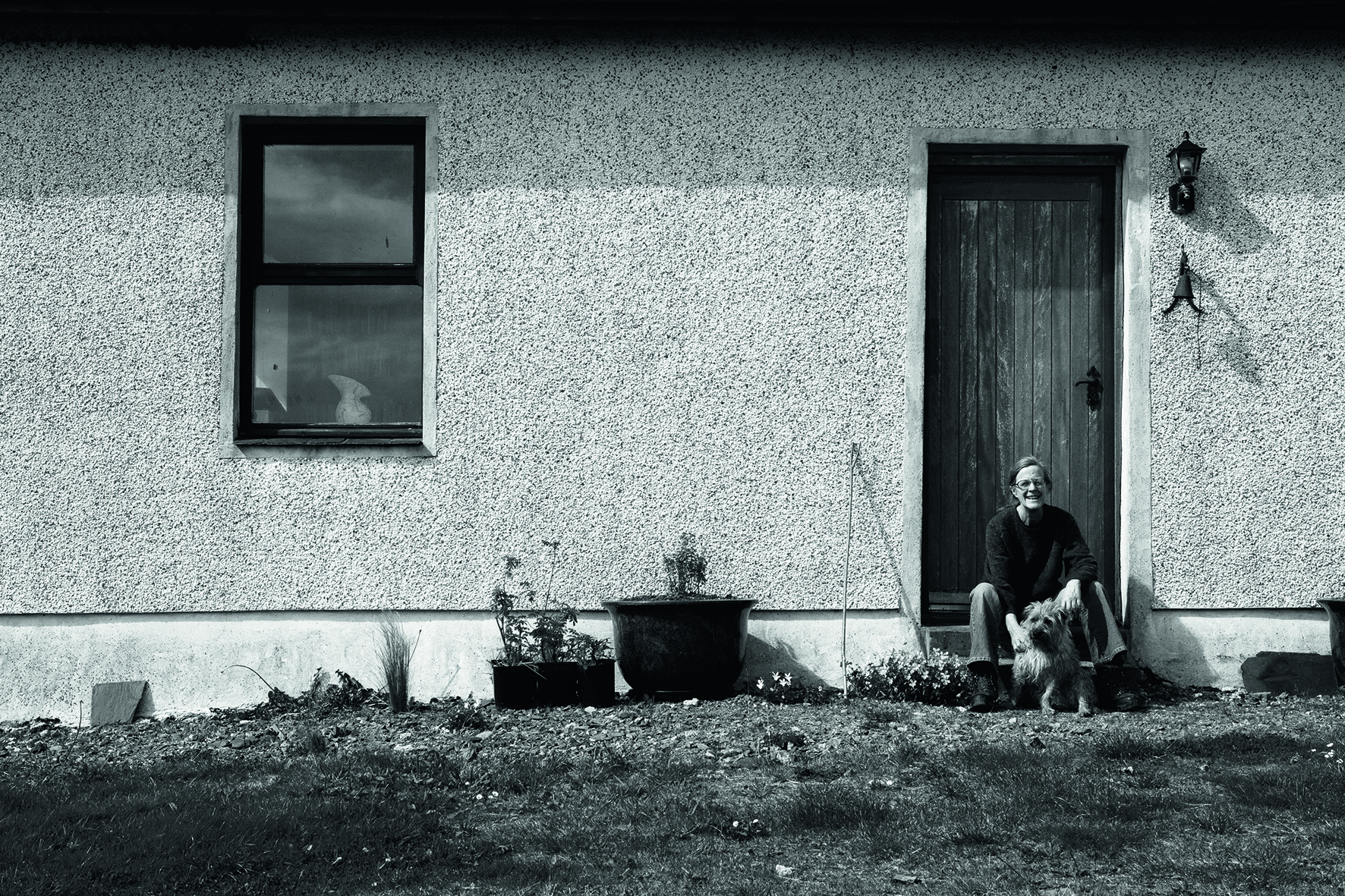The British countryside, our “green and pleasant land” looks so lovely; and indeed it is so lovely. Large areas of rural Britain enjoy advantages associated with prosperity: no “dark satanic mills”, low crime, clean streets, often very good schools and smaller classes. Slightly under 20% of the 64,000,000 people in Britain live in rural places (just over 10,000,000) and they are a great deal more likely to live in single-household dwellings, to have more physical space per household (for example access to a garden) and 11 times more likely than families in London to have access to ‘at least one’ car.
But don’t be fooled, there is a great deal of poverty in the countryside and made no better by its invisibility. To start, rural houses are more expensive than comparable properties in towns and cities (except London) – a problem enhanced by second homes and by the long commutes that middle-class professionals are prepared to undertake to live the rural idyll. Despite this, the average rural income is lower than in more urban places. This is partly because the population is older and partly because the agriculture, forestry and fisheries industries are conspicuously low paid (but only partly: since 2013, less than 1% of the working population of Britain has been active in this sector).
Rural poverty is particular and structural. Take the large number of cars. For many people in the country, a car is a necessity. I live five miles from the nearest bus stop, which only has three buses a week; no supermarkets deliver to my area; the village shop five miles away is expensive and has a limited range – no meat or fresh vegetables, for starters. And I have neighbours for whom those five miles is as nothing compared to their distances. We need our cars, but we pay at least 3p more per litre for fuel than my more urban friends ever do, in addition to covering greater distances. And where there is no broadband and companies charge extra for delivery, even online shopping doesn’t necessarily help.
Signal for change
In the 21st century, inadequate coverage of broadband and mobile phone access is itself impoverishing. I have a local unemployed friend whose benefit was sanctioned because he could not demonstrate that he was searching hard enough for work online and because he missed an appointment 42 miles away because the bus did not turn up. But there are other issues too; gas is the cheapest way of heating your house – but where there is no gas main, you have to use oil or electricity; fuel poverty is a chronic rural issue.
This is starting to sound like a whinge – after all, no one makes me live as rurally as I choose to. What I want to do is not so much grumble as make urban dwellers more conscious of the realities, the downside of the lovely country life style. Rural poverty remains invisible, a dark (and too often shameful) secret.
Last week I met a neighbour, a hill farmer who like me would not dream of changing location. He was jagging some sheep and looking extremely scruffy – unshaven and wearing muddy trousers and an ancient, frayed-cuff jersey. I asked why he thought no one noticed rural poverty. He laughed, pointed to himself and said when the well-off people look like tramps, tramps become invisible.
That is the cheerful half of the story. But out in the country it isn’t all idyllic nature, posh landowners and green sweetness.
Sara Maitland is a writer who lives in Dumfries and Galloway. Her works include A Book of Silence and Gossip from the Forest.
Have your say
What do you think about the issues raised here? Write to us via email: editor@countryfile.com
Image: Getty

